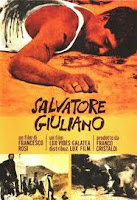Notes: 5/18/11
Silly Western romance.
Debbie Reynolds is full of energy.
Thelma Ritter is fun in support.
Andy Griffith and Steve Forrest are dueling lovers of Debbie.
Everything works out fine in the end. Well made.
Director Vincent Sherman moved the action along swiftly.
Review: C
Debbie Reynolds exudes energy in this silly Western romance. Debbie is chased by two suitors while raising children from a previous marriage. Andy Griffith and Steve Forrest are the dueling lovers. Vincent Sherman moves the action along quickly as director and showcases the great Thelma Ritter as (who else?) Debbie's sly no-nonsense friend. Pretty well-made but pretty forgettable just the same.



















